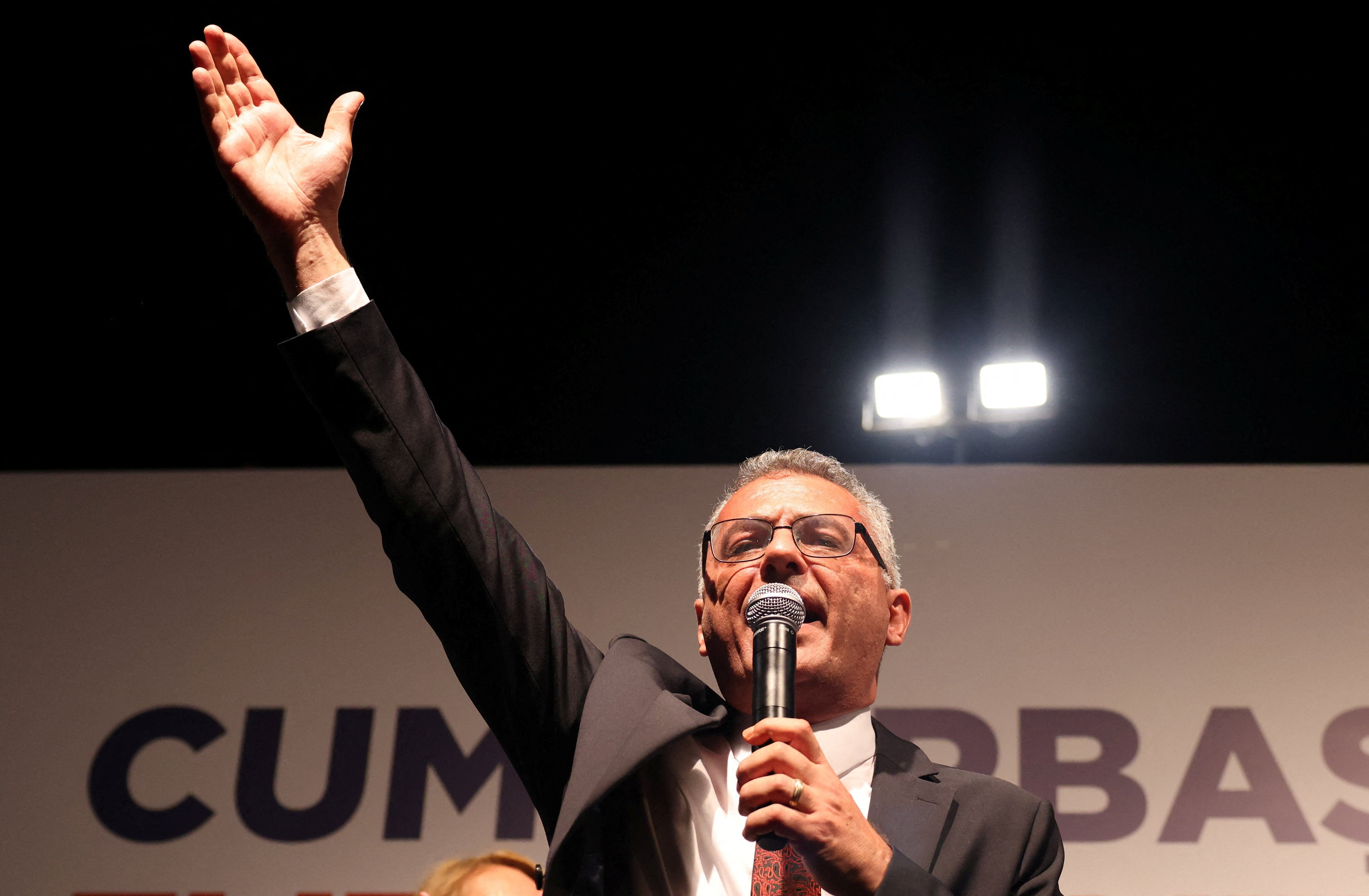In the end, CTP leader Tufan Erhurman won the elections in the north with what could be described as a landslide victory. Although it was widely expected he would win, but not necessarily take the 50 per cent share of the vote, so making a run-off vote necessary, the margin of victory was very big. He took 62.8 per cent of the vote compared to Ersin Tatar’s 35.8 per cent, which is extremely disappointing for an incumbent who also had the support of Ankara.
Some argue that his very close ties with the Turkish government worked against Tatar, who was seen by a significant number of voters, rightly or wrongly, as President Erdogan’s errand boy. The north’s relations with Turkey was one of the key issues of the election, the result indicating the disapproval by Turkish Cypriots of Tatar’s unconcealed subservience to Ankara. Erhurman represented the voters who did not want Turkey’s embrace to be so tight as it posed an existential threat to the Turkish Cypriots.
Perhaps if the economy was in better shape Tatar might have secured more votes, but it has been ravaged by the high rate of inflation imported from Turkey, which has eroded living standards in the north. Of course, to suggest that Erhurman’s victory would drastically affect ties between the north and Turkey would be naïve as it is Ankara which calls the shots on relations and not the Turkish Cypriot leader. Erhurman had no illusions about this, saying during the campaign that his first visit, if he were elected, would be to Turkish President Erdogan.
Members of the Turkish government may have spoken against Erhurman’s candidacy and openly sided with Tatar, but no Turkish Cypriot leader could survive politically without Erdogan’s approval. Turkey’s president said he respected “the will of our Turkish Cypriot brothers and sisters” adding that Turkey “will continue to defend the sovereignty and interests of the TRNC.” The big question is whether Erdogan would approve of a change of policy on the Cyprus problem.
Much was read into Erhurman’s support for reunification – a federal settlement as opposed to a two-state solution – his election being seen as Turkish Cypriot support for a return to the negotiating table. President Nikos Christodoulides congratulated Erhurman on Sunday night, repeating his readiness for a resumption of talks, while Greece’s Foreign Minister Giorgos Gerapetritis said the election result “opens a new chapter of hope and expectations for the island’s reunification.”
It is true that Erhurman will not be championing the two-state solution, like his predecessor had done, but nobody can say whether this would lead to talks for a settlement. Much will depend on the stance of the Turkish government, which might not give up on the two states, as well as that of Christodoulides, who might not be as committed to a federal settlement as his words suggest.






Click here to change your cookie preferences